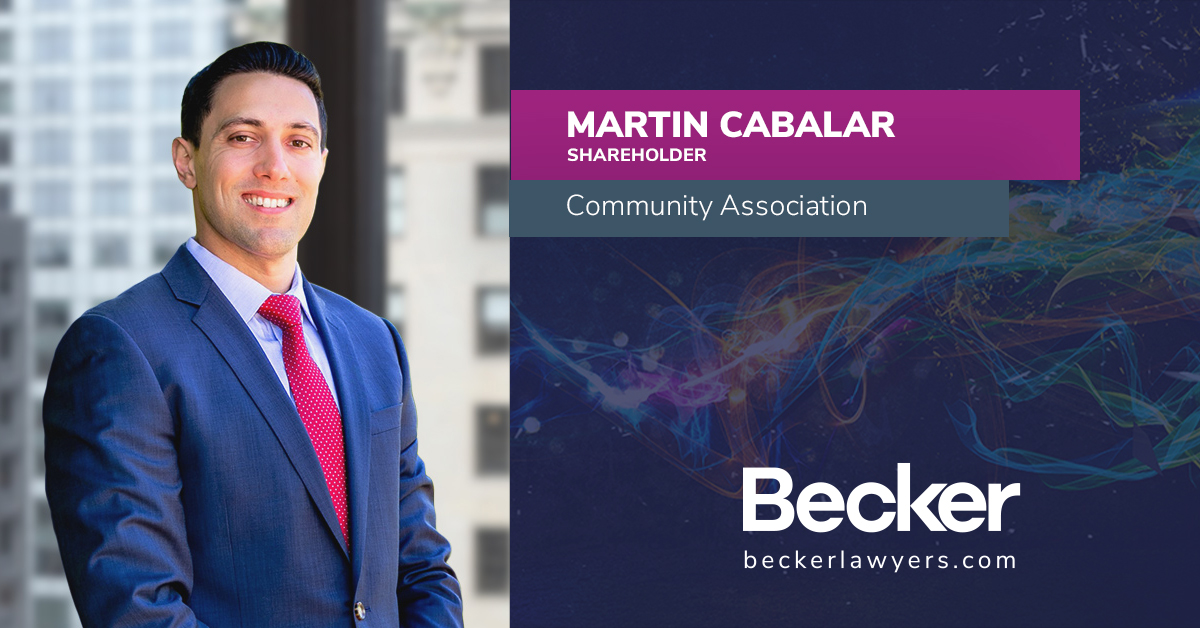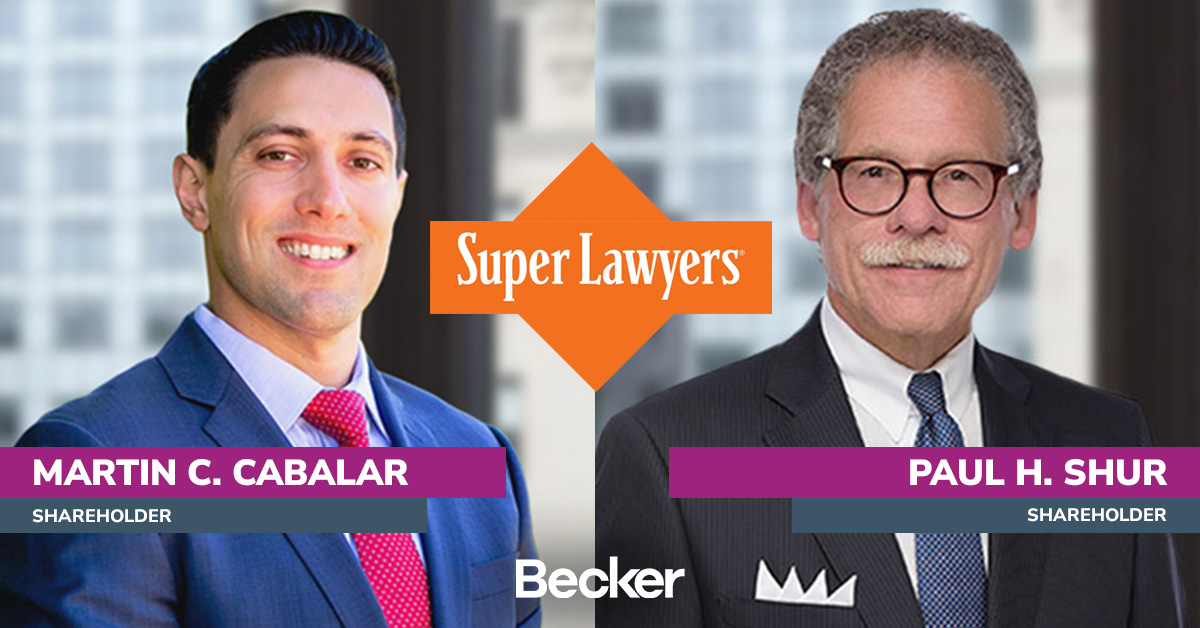
Is your Association Safe from a Large Counsel Fee Award?
Lately, there has been an uptick in lawsuits against our Associations when the majority of the Board decides to remove a Board Member who has allegedly become unruly or is proving to be very difficult to handle. Most governing documents contain provisions whereby the Association indemnifies all Board Members against losses, costs, and expenses that Board Members may incur due a claim by a third party, such as a judgment obtained by a unit owner against the Association. Normally, this is an excellent provision to protect the Board Members from lawsuits.
However, what happens if a Board Member is found to be the prevailing party in a case against the Association for wrongful removal and that Board Member seeks the money that he spent to pursue the action (including counsel fees), against the Association? On January 20, 2023, the N.J. Appellate Division in the Court in the case of Boyle v. Huff and Ocean Club Condominium Association, A-2046-21 (“Boyle case”) ruled on this issue and held in pertinent part that: 1. The Plaintiff [Boyle] had been “wrongfully” removed as a trustee in violation of the By-Laws and an administrative regulation [Radburn regulations] and that; 2. The Ocean Club Condominium Association (“Ocean Club”) was responsible for the attorney’s fees incurred by the individual Board Member (“Boyle”). The Court awarded Boyle the sum of $563,031.80 in attorney’s fees and costs against Ocean Club.
The By-Law provision relied on by the Boyle Court stated that:
“The Association shall indemnify every [t]rustee and officer, his [ or her] heirs, executors and administrators, against all loss, costs and expenses, including counsel fees, reasonably incurred by him [ or her] in connection with any action, suit, or proceeding to which he [or she] may be a party by reason of his [or her] being or having been a [t]rustee or officer of the Association except as to matters as to which he [or she] shall be finally adjudged in such action, suit or proceeding to be liable for willful misconduct or bad faith.” **
In Boyle, the Court ruled that since Boyle himself did not act in bad faith or engage in willful misconduct, that the Association was responsible for Boyle’s attorney’s fees. The sad reality is that, especially in a small Association, this could result in the Bankruptcy of the Association which does not have the funds or in a large Association, a huge special assessment.
So, how can an Association protect itself against this type of potential calamity? First, ask the Association’s attorney to review your governing document’s (usually the By-Laws) Indemnification provision and consider amending it to only require indemnification against third-party claims but not first-party claims (a fellow Board Member). Second, even with such a provision a Board should be extremely careful when it takes action against a fellow Board Member. Contact the Association’s counsel when making the decision to take action.
**Caution: Board members should be aware that this is a common provision in the By-Laws of our Association’s.






